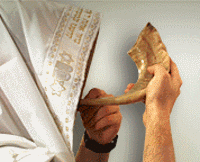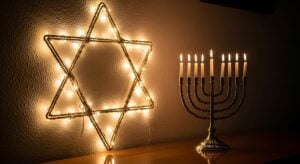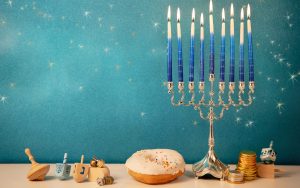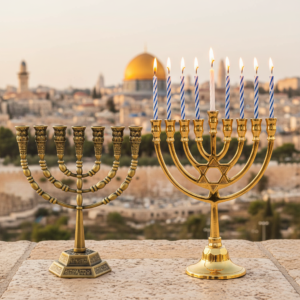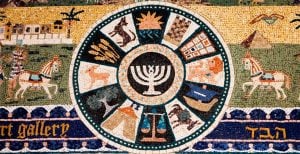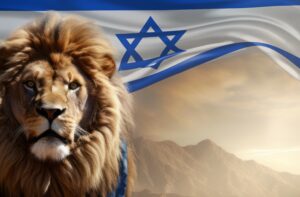You’re probably familiar with the Tishrei drill: At the beginning of the month, we celebrate two days of Rosh Hashanah; the next day is a minor fast called tzom Gedaliya; and a week after that comes the solemn Day of Atonement, Yom Kippur. This is followed by the Sukkot festivities. But did you ever stop to consider the order?
On reflection, it seems a little strange that we celebrate our New Year before the seriousness of Yom Kippur. After all, this most somber day sees the Jewish nation gather in synagogues across the world to plead with God for forgiveness and to beg to be written and sealed in the Book of Life. White-clad Jews world-over spend the day admitting their wrongdoings, and leave shul at the end of the day feeling purified and relieved of sin and guilt.
But wouldn’t it make more sense to reverse these processes? Why not engage in spiritual cleansing and purification first, and only then – with a clean slate and fresh soul – begin our New Year as we mean to go on? Why is Rosh Hashanah before Yom Kippur?
The key lies in the wording of an infamous song and prayer: avinu malkeinu – our father, our king. We’re not supposed to approach the High Holy Days as mere mortals supplicating a God; rather, we should behave as subjects towards a tangible king, or errant children towards their father.
But how do we approach the Almighty as if He were human?
Let’s look back into the roots of Rosh Hashanah and try to understand what’s going on:
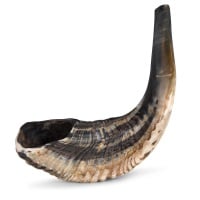 The Jewish nation were simply commanded to take the first day of the seventh month as a holiday zichron teruah – a memorial with blowing (the shofar) (Leviticus 23:24). This sentiment is repeated in Numbers 29:1, which calls Rosh Hashanah Yom Teruah – the Day of Blowing.
The Jewish nation were simply commanded to take the first day of the seventh month as a holiday zichron teruah – a memorial with blowing (the shofar) (Leviticus 23:24). This sentiment is repeated in Numbers 29:1, which calls Rosh Hashanah Yom Teruah – the Day of Blowing.
The Torah calls Rosh Hashanah a “day of blowing” twice, which explains why blowing the shofar is such an important part of how we celebrate the day. But how did a day for sounding the shofar become our New Year and a vital precursor to Yom Kippur (the Day of Atonement)?
The Talmud offers some insight:
“The Holy One said, ‘On Rosh Hashanah recite verses of Sovereignty, Remembrance and shofar blasts before Me: Sovereignty so you will make Me your King; Remembrance so your remembrance will rise up in front of Me. And through what? Through the shofar.’” (Rosh Hashanah 16a, 34b)
In other words, Rosh Hashanah is about remembering the year just gone, and accepting God as our king as well a deity ready for Yom Kippur, when He will judge our actions and seal us in either the Book of Life or Death. According to the Talmud, this is achieved by blowing the shofar. (Fair enough – in the Bible, the shofar is part of the anointing ceremony and a new king’s coronation.)
The mussaf service (the bulk of our Rosh Hashanah prayers) is split into three sets of verses: Malchiut (Sovereignty), Zichronot (Remembrances), and Shofarot (Blasts). Each of the three is accompanied by a set of shofar blasts, literally using the shofar’s sound to reach our goal of remembering the past and coronating God as our King.
Only by harnessing the shofar’s cries can we adequately prepare for Yom Kippur: we recall our past errors and try to make amends, and accept God as our King. Then not only will we be ready for Yom Kippur, but we’ll be ready to approach it the right way, by looking to avinu malkeinu. Only with a king’s fairness and a father’s love will we know that our prayers are truly being heard.
